A 1924 Review: Vladimir Horowitz in recital, Tiflis, Georgia
/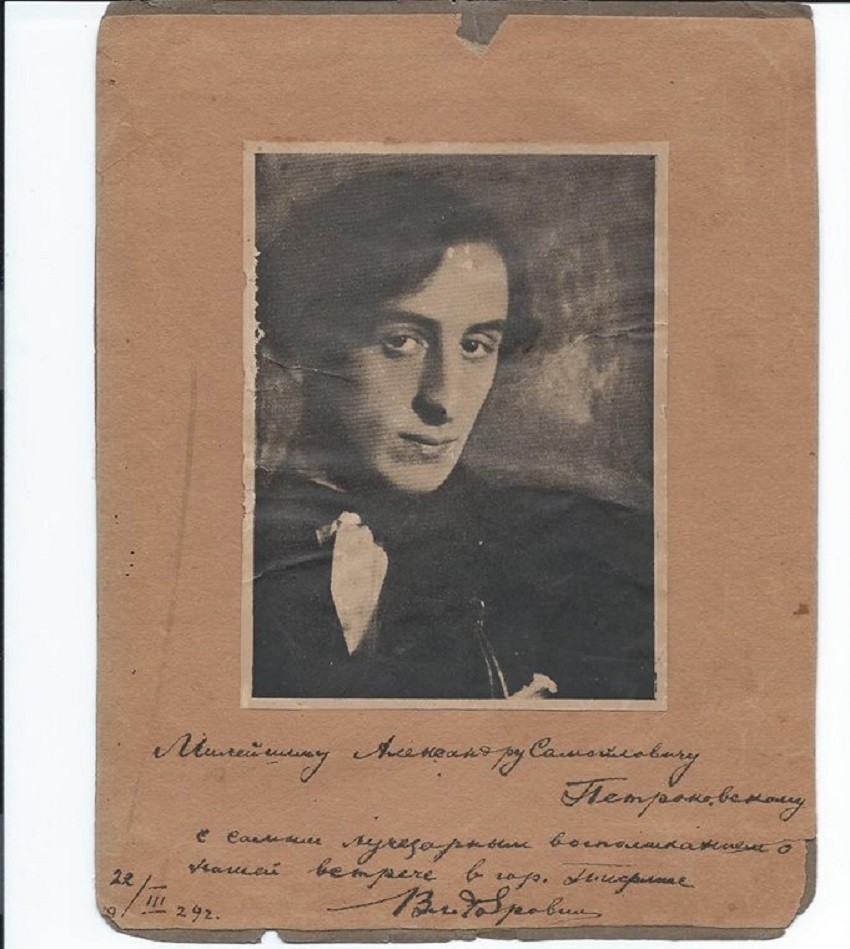
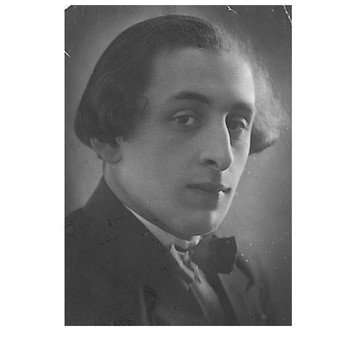
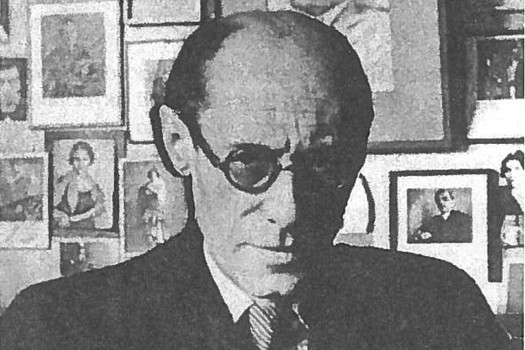
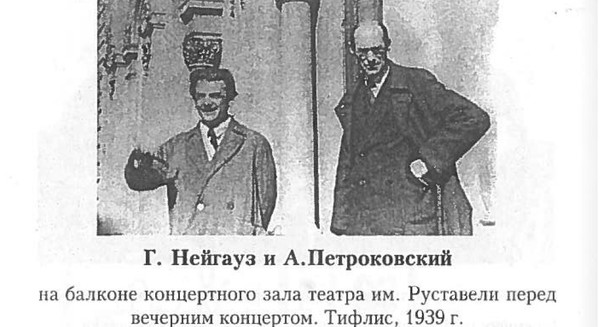
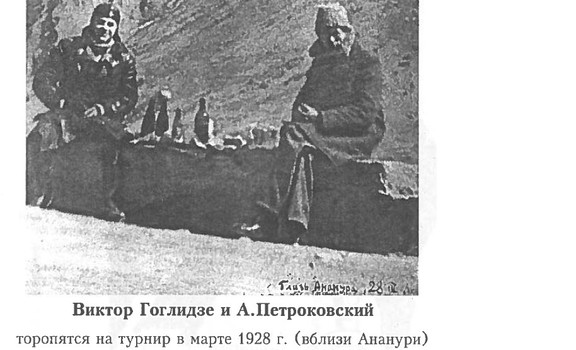
The Georgian pianist, Marina Mdivani, winner of the 1961 Marguerite Long-Jacques Thibaud competition and former pupil of Emil Gilels, has kindly brought to our attention a piece of music history that sheds light on the early abilities of a 20-year-old Vladimir Horowitz.
A 1924 review in the “Zarya Vostoka” Russian newspaper covers three Horowitz recitals that took place in the Small Hall of the Conservatory in Tbilisi (formerly Tiflis), Georgia. While neither exact day(s) nor month (s) are given, a signed photograph of Horowitz (above) has been uncovered, dated March 22, 1924, with the inscription, “To dearest Alexander Samoilovich Petrokovsky, with all best memories of our meeting in Tiflis,”. The music critic’s daughter, a close friend of Mdivani’s, has compiled A.S. Petrokovsky’s “On Art: Selected Essays”, which reproduces the following (translated by Elena Rif, edited by Mdivani and Geoffrey Conquer):
‘LISZT NIGHT WITH VLADIMIR HOROWITZ’
by A. Petrokovsky
Hall of the Conservatory
“Zarya Vostoka” newspaper, 1924
The first Horowitz recital with his unforgettable Don Juan was enough to realize that this was a superstar: phenomenal technique, a gem of performance, scales, octaves, virtuoso passages – everything was amazing.
The Medtner of the second recital demonstrated that young Horowitz can play as an experienced artist, and that age is not a problem for a great talent.
The third recital – Liszt – revealed, once and for all, the most important, the most precious fact: Horowitz is not only an exceptional virtuoso, but also a profound poet who always has something to say. It was, in a way, a “Liszt renaissance”! The great musician came back to life and brought the soul’s poem to us with Horowitz magic. What beauty it was, what a piano feast! There werethose moments, rare at concerts, the moments of deep enchantment, of full captivation, of a seeming hypnosis of the audience - when the poet, the artist would break through the splendor of Horowitz’s phenomenal technique, through the nervous outbursts of his temperament, full of hidden passionate force, and made them serve just him, turned them into solely an instrument…
The highest victory of the night was the B-minor Sonata. The famous sonata, the only one composed by Liszt, morphed into a monumental poem, where the demonic and the human elements were battling passionately. This Liszt was unforgettable. Only a few chosen ones are blessed with this ability to feel this composer’s style, to convey his contrasts in such an exceptional manner.
The audience was enthralled by Horowitz’s inspired ecstatic rendition of the sonata. The sonata was followed by the equally wonderful rendition of the Spanish Rhapsody, greeted by standing ovation. As an encore, Horowitz performed La Campanella, charming everybody by the crystal-clear sound of bells.
The great unique artistic personality of the pianist, his powerful fantasy, great nervous energy, lively creative pulse, remarkable sense of rhythm and exquisite taste - all this brilliantly manifested itself at the recital. What a pity that such an artist is forced to use a mediocre, to say the least, Becker piano, while a Bechstein is under seven locks in Tiflis…
Born in Tiflis, 1888, A.S. Petrokovksy worked as an actor at the Komissarzhevskaya Theatre in Saint Petersburg. He collaborated with the popular “Apollo” arts magazine, the “Caucasus” (“Kavkaz”) newspaper, and in 1918, became editor of “ARS” magazine, which featured poet A. Anonovskaya as a publisher.
With the establishment of the Soviet government in Georgia, Petrokovsky became active in the Central Education Committee (Glavkomprosvet), working on arts-related issues, and was hired on a permanent basis in the arts and culture department when the “Zarya Vostoka” newspaper was established in 1922.
He served for 10 years, from 1926, as a deputy chief of the Chess and Checkers group, and organized the first Chess Tournament of Georgia. According to Mdivani, Petrokovsky organized tournaments for her father, Victor Goglidze, who became the first Georgian chess-master. In our 2014 interview with Mdivani, the pianist reveals that one of her father’s frequent chess opponents was none other than Sergei Prokofieff.
In 1944, Alexander Samoilovich Petrokovsky was decorated with the “For the Defense of the Caucasus” medal; in 1946, with the medal “For Selfless Valiant Labour”. He passed away in Tbilisi, 1948, just before his 60th birthday.
